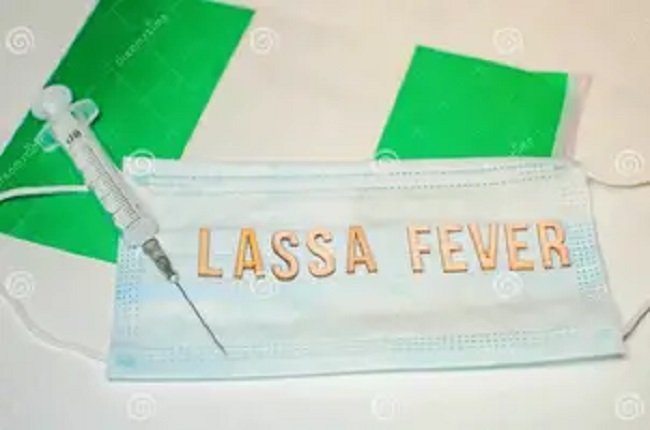A study published in Nature Medicine has revealed that a safe and effective Lassa fever vaccine could save nearly 3,300 lives and avert $128 million in societal costs across 15 West African countries over the next decade.
Lassa fever, a viral disease spread by rodents and contaminated food, has long plagued the region, causing severe illness and death, particularly in rural areas with limited access to healthcare.
The research highlighted the critical need for a vaccine, which could not only save lives but also reduce the significant economic burden associated with the disease.
CEPI, a leading funder of Lassa vaccine research and development, has recognized the urgency of the situation and invested in six potential vaccine candidates, with four advancing to human trials.
The West African Health Organisation has pledged to collaborate with CEPI and other stakeholders to fast-track vaccine development and control the spread of Lassa fever.
With a vaccine on the horizon, hope is renewed for the people of West Africa, who have suffered from this deadly disease for far too long.
“A vaccine is the game-changer we need to combat Lassa fever,” said Dr. Virgil Lokossou, Head of Division – Preparedness and Response at the West African Health Organisation. “We must act now to save lives and protect our communities.”
The study’s findings offer a beacon of hope for a region long ravaged by Lassa fever. The disease has caused widespread illness and death, especially in rural areas where healthcare access is limited.
ALSO READ: Kwara cashew factory donates 15,000 free exercise books to indigent students
According to the World Health Organisation, Lassa fever has a case fatality rate of around 1%. While this may seem low compared to other diseases, the high number of cases and the fact that it affects some of the world’s poorest communities make it a significant public health threat.
The economic burden of Lassa fever is also substantial. The disease mainly impacts rural areas where people are already struggling to make ends meet. The cost of treating Lassa fever is prohibitively expensive for many families, perpetuating a cycle of poverty and illness.
However, with a vaccine on the horizon, there is hope that the tide may be turning. The vaccine has the potential to save lives and reduce the economic burden associated with the disease.
CEPI’s investment in Lassa vaccine research and development has been significant, with six potential vaccine candidates currently in progress. Four of these candidates have advanced to human trials, marking a significant milestone in vaccine development.
“The development of a Lassa vaccine is a complex and challenging process,” said Dr. Richard Hatchett, CEO of CEPI. “However, we are committed to finding a solution to this deadly disease and have made significant investments in vaccine research and development.”
The West African Health Organisation has also pledged to work with CEPI and other stakeholders to fast-track vaccine development and control the spread of Lassa fever.
“We recognize the urgency of the situation and are committed to working with our partners to find a solution,” said Dr. Lokossou. “We must act now to save lives and protect our communities.”
With a vaccine on the horizon, hope is renewed for the people of West Africa. The region has long been devastated by Lassa fever, but with the development of a vaccine, there is finally a glimmer of hope.
The study’s findings are a testament to the power of collaboration and investment in vaccine research and development. They highlight the critical need for a vaccine and demonstrate its potential impact on the region.
As the world awaits the development of a Lassa vaccine, one thing is clear: the people of West Africa deserve a solution to this deadly disease. With a vaccine on the horizon, there is renewed hope, and the possibility of a Lassa fever-free future is finally within reach.
